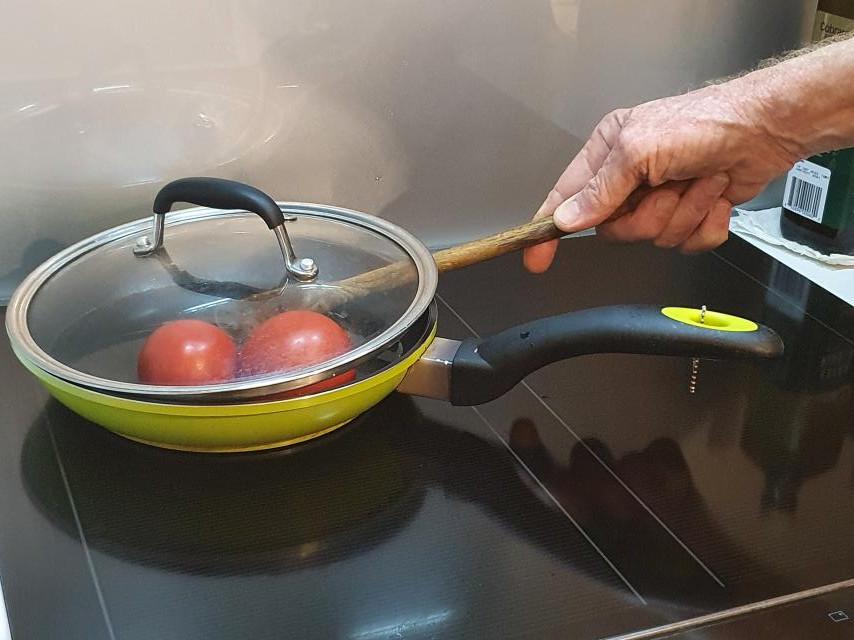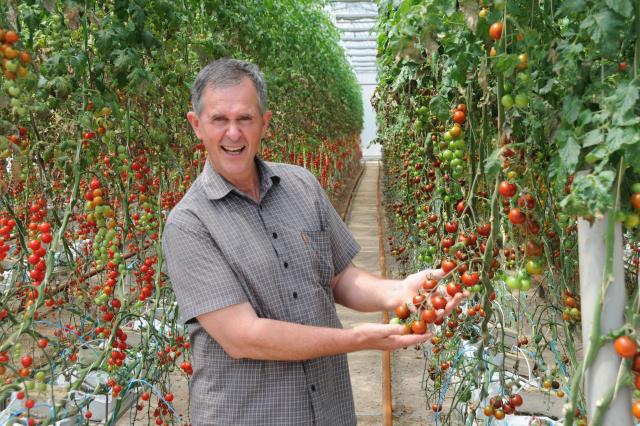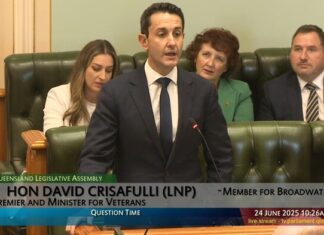The kitchen is often called the soul of the house, but it is also where our food and 20 per cent of Australia’s total greenhouse gas emissions are made.
But we can all change that, by bringing the kitchens of the future into our homes and reaping the benefits for our families, waistlines and hip pockets.
Before we dive into the future, it is important to discuss why 20 per cent of Australia’s emissions come from the kitchen. The main contributor is our diet. For example, both lamb and cheese emit more than 20kgs of greenhouse gases per kilogram of meat or dairy. But beef is an even greater offender. To produce just 1kg of our favourite steak, we emit 70kgs of greenhouse gas emissions. This emissions profile is a combination of factors. For example, cows themselves produce a lot of methane over their lifetime, but grazing animals also require land – which is often created by felling forests.
The other reason why our kitchens currently contribute to climate change comes down to what powers our homes.
In Noosa, we have installed over 70,000kW of solar panels on our homes and local businesses – so not all homes equally contribute to this problem. However, roughly 76 per cent of Queensland’s energy is supplied by fossil fuel sources and there are many homes in Noosa with a gas-fired stove.
This means that when we are in our kitchens – when we use electricity to power our microwave or gas to cook on the stove – we are also emitting greenhouse gases. But we can change that.
Choosing local and plant-based
In 2021 an incredible restaurant in Melbourne made waves.
Atiyah is Australia’s first zero-carbon and certified carbon neutral restaurant. To achieve this, Ben Armstrong, Atiyah’s owner, has implemented a range of strategies to reduce emissions. This includes composting leftover food, emphasising plant-based foods and sourcing local ingredients from carbon neutral suppliers.
Luckily in Noosa, we can also take those actions. It’s as easy as ducking down to your local shops to buy a composting bin and taking the time to check out the local farmer’s markets and buying local from emissions conscious businesses like Noosa Reds tomatoes, grown locally and using solar to power its business operations.
Another way you can reduce emissions is to start integrating plant-based recipes into your weekly meals, maybe swap out meatballs for plant balls in the spaghetti, or try a vegetarian salad.
Electrifying the kitchen
The other major change we can make to our kitchens is how we power them.
In 2020, the Grattan Institute released a major report calling for cleaner and smarter ways to cook. Their argument was swapping our gas-fired kitchen appliances for electric ones, such as an induction cooktop, is healthier for our families and our planet, and will save on bills. Let’s break that down.
The Climate Council has found that gas in the home is a major health risk, contributing to 12 per cent of childhood asthma and contributing to other respiratory diseases. And we know that gas is also cooking the planet through greenhouse gases. Finally, gas bills are expensive!
Swapping to electric appliances (which are generally pretty efficient) will only marginally impact your electricity bill, but it will save your entire gas bill.
Reducing our carbon footprints does not require us to give up the foods that we love and that unite us as a community. But we can make different choices with our food and how we power our kitchens – and in doing so, bring the carbon zero kitchens of the future into our homes.
Check out these ZEN Inc community forums:
*How to Reduce your Power Bill, 8 March, 11am – Cooroy Library
noosa.spydus.com/cgi-bin/spydus.exe/ENQ/WPAC/EVSESENQ?SETLVL=&RNI=234423
Free, bookings required.
*What, Why and How of Net Zero Emissions
Free, bookings required at communityengagement@zeroemissionsnoosa.com
Friday 11 March, 4.30- 6pm at Peregian Beach Community House.









